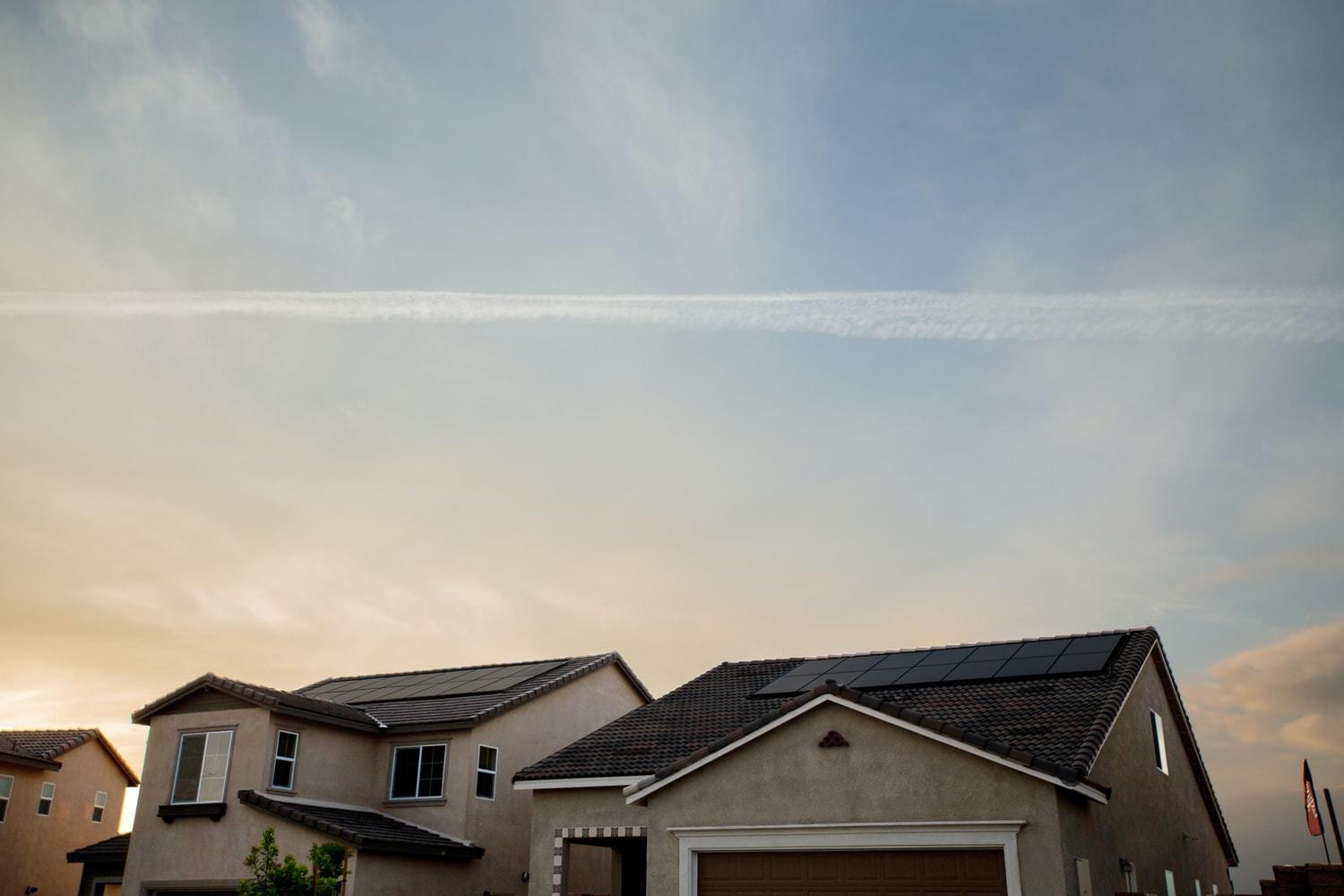
How to Clean Solar Panels
Cleaning your solar panels is essential for ensuring they are functioning correctly and continuing to produce power. There are a few different methods for cleaning solar panels, but we will focus on those that can be done from the ground level. Solar power is one of the fastest-growing sources of energy in the world.
But what about when it's cloudy or rainy? What if you live in an area that doesn't get a lot of sunlight? And how do you go about cleaning your solar panels to maintain their efficiency and production potential, especially from the ground level? The good news is, there are many different ways to clean solar panels! Here are a few methods for ground-level cleaning.
How to Clean Solar Panels from the Ground
Here's how to clean them without getting high and mighty.
One of the most significant benefits of solar panel installations is that they're "green" and environmentally friendly. So why shouldn't their maintenance be, too? There may even be an aesthetic benefit—solar panels attract a lot of dirt, as well as dust and pollen, as they sit on your roof.
The longer you leave it, the harder it is to clean. Not only do dirt, dust, and pollen make panels inefficient by blocking some of the sunlight (which can also result in fine-tuning adjustments that require a professional), too much exposure to them can cause eventual degradation of the surface.
How to Clean Solar Panels

- Get a bucket with clean water and add a small amount of soap.
- If you don't want to reach your hand up there, take a broom and sweep it along each panel.
- Press down on the panel firmly to remove any dirt that may be stuck. Repeat as needed.
- Use a soft-bristled brush (or use your fingers) to rid the panels of dust and pollen gently.
- Spray down the panels with water, and then let them sit for a few minutes. The dirt will settle at the bottom of the bucket. Carefully remove it—a small shovel or spoon can be helpful!
- Rinse your solar panels one more time to ensure they are clean, and dry them off with a soft cloth or towel.
- After they are dry, it is essential to let them sit in the sun for a few hours to soak up some energy.
- Turn on any devices that have been turned off while cleaning your panels and enjoy all the free energy!
Why do you need to clean your solar panels?
Cleaning the lumens lighting panels is essential for ensuring that they are functioning correctly and continuing to produce power. There are a few different methods for cleaning solar panels, but we will focus on those that can be done from the ground level.
The panels themselves should be cleaned regularly to prevent dust and other particulates from building up. This will also extend the life of your meetings.
The panels are designed for exposure to the sun, which can be harsh and dirty. However, they will eventually need a good cleaning. Some of the best things that you can use to clean your solar panels include water, vinegar or even baking soda, microfiber cloths and squeegees. Citrus products should never be used as
